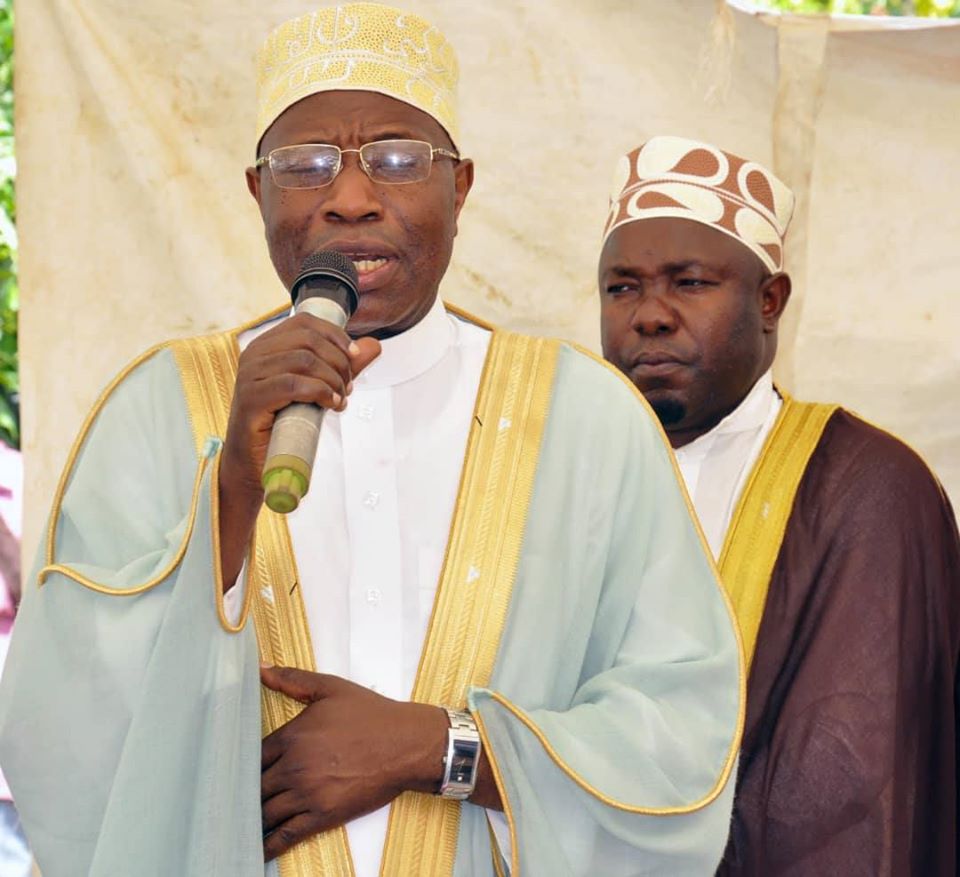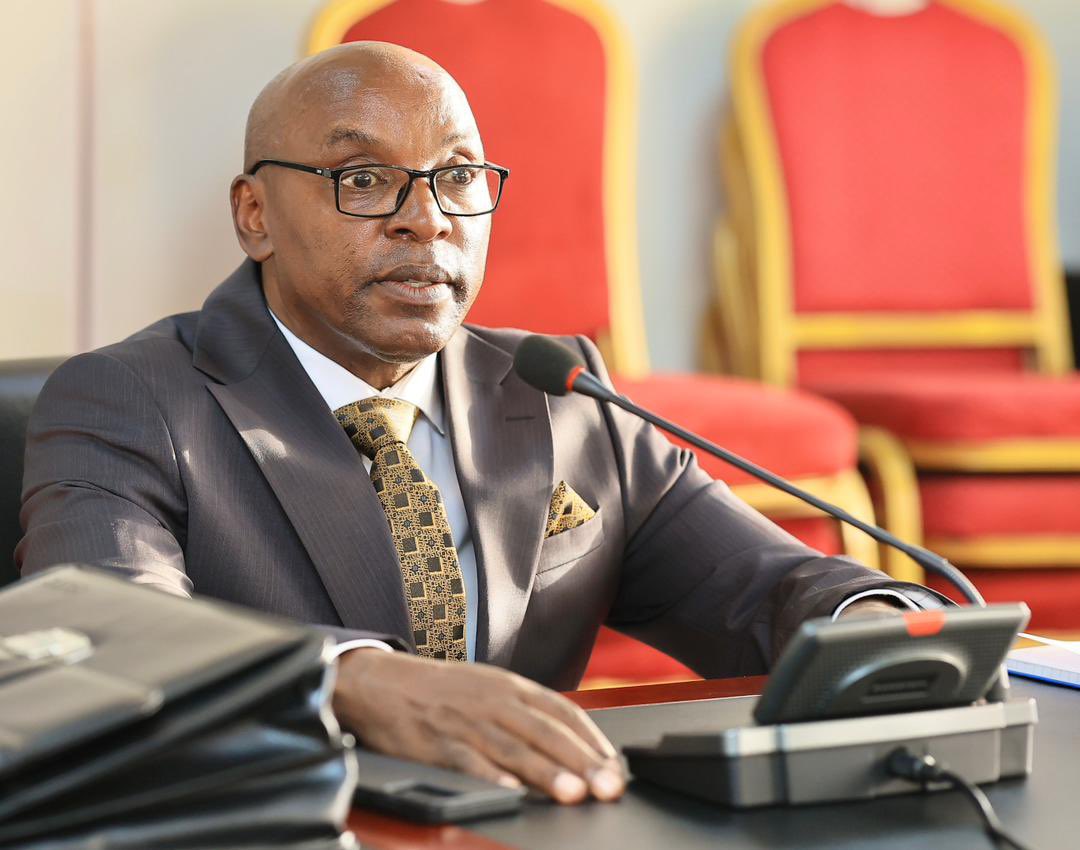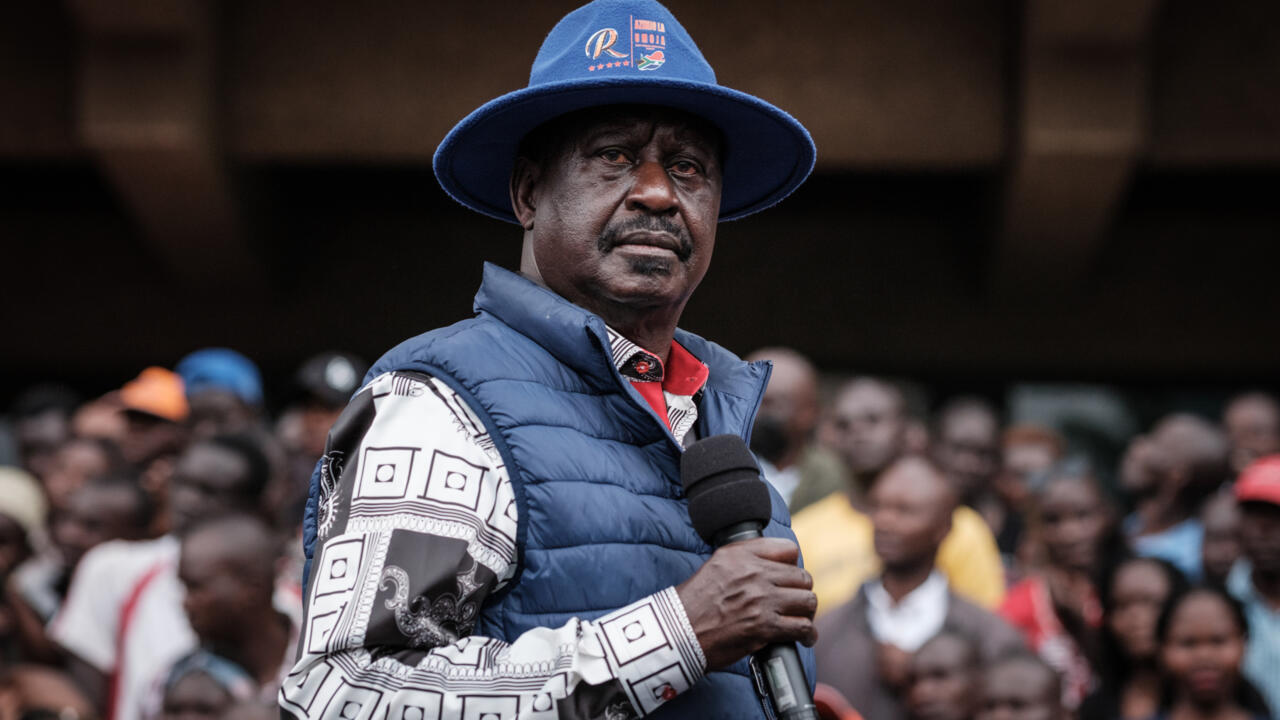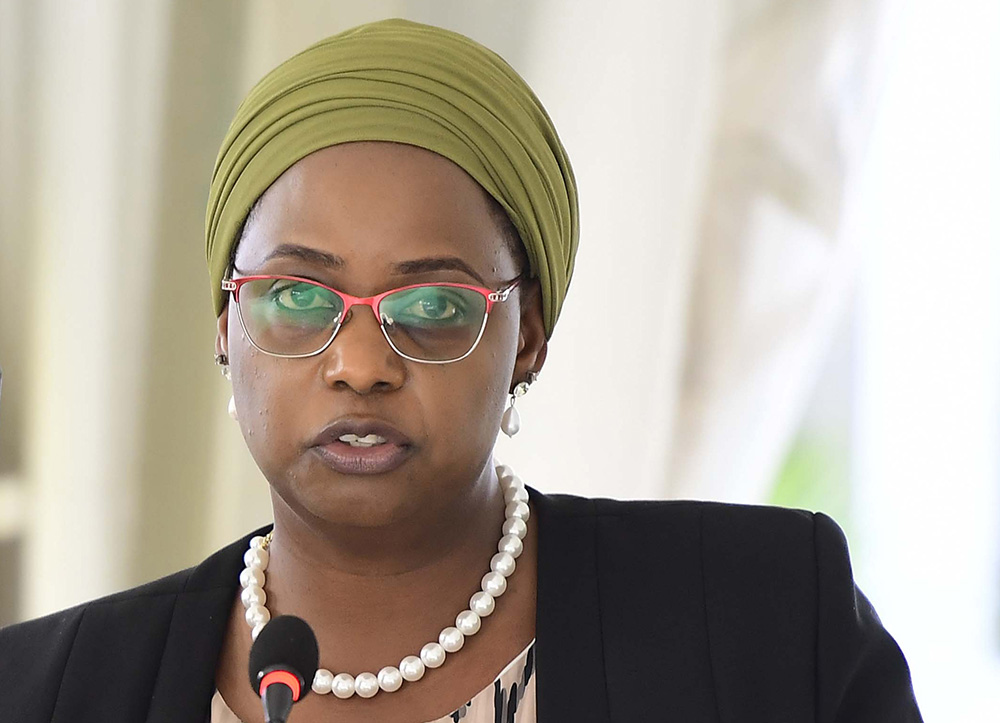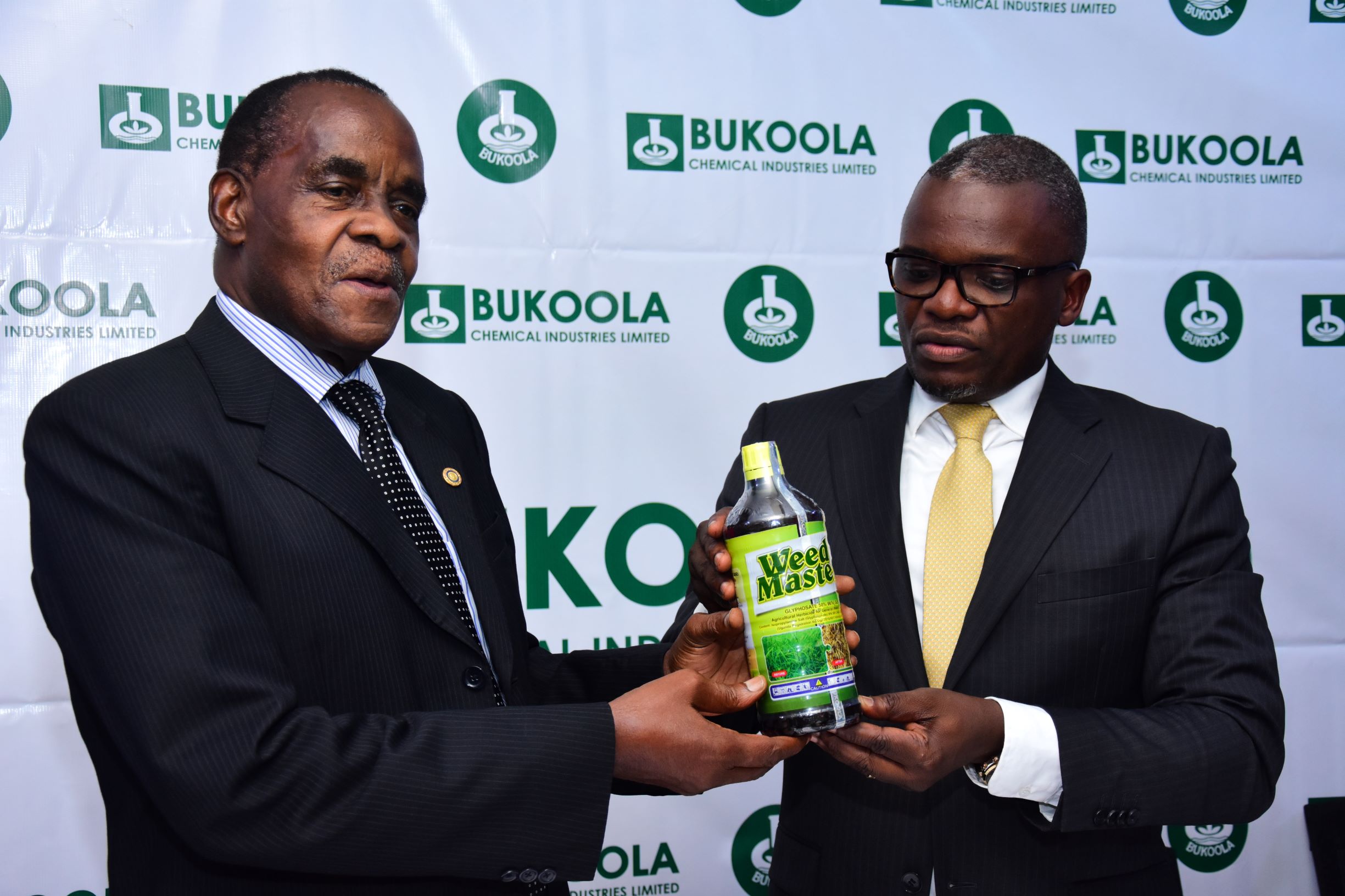Sheikh Siliman Kasule Ndirangwa, who passed away yesterday, has left an indelible mark on the Muslim community in Uganda through his quiet demeanor and unwavering commitment to his principles.
Born on October 9, 1962, in Kirayangoma village, Lwengo District, to Hajji Muhammad Kasule and Hajjat Ajiri Nakawungu, Ndirangwa’s life was rooted in Islamic teachings from a young age.
His journey from a village scholar to the Supreme Mufti of the Kibuli-based Muslim faction is a testament to his dedication, although his abrupt resignation in 2021 highlighted the complexities of his leadership.
Ndirangwa’s early career was marked by significant roles within Uganda’s Muslim community. In 1992 at the age of 30 years, he was appointed Imam of Kibuli Mosque, one of the country’s most prominent Islamic institutions.
His soft-spoken nature drew large crowds to his Friday sermons, where his eloquence and deep knowledge of Islamic teachings resonated with worshippers.
By 2000, he had risen to Kampala District Kadhi, representing the Kibuli faction in the Uganda Muslim Supreme Council (UMSC). However, tensions with the Old Kampala-based leadership, led by Mufti Shaban Ramadhan Mubaje, over ideological and administrative differences led to a parting of ways.
In 2015, following the death of Supreme Mufti Sheikh Zubair Kayongo, Ndirangwa was appointed Supreme Mufti of the Kibuli faction. Ndirangwa’s leadership was characterized by a firm adherence to Islamic principles, earning him respect as a cleric who stood his ground on matters of faith and community governance.
Yet, his tenure was fraught with internal conflicts within the Kibuli establishment. The Kibuli faction, historically at odds with the Old Kampala faction, faced ongoing disputes over leadership and resource management. Ndirangwa’s principled stance often put him at odds with colleagues.
Reports suggest he faced accusations of disrespecting Prince Nakibinge, particularly over accepting vehicles from President Museveni without consulting Kibuli’s leadership. These tensions culminated in his resignation on April 2, 2021, which he attributed to “endless disagreements” and his unwillingness to conflict with community elders.
“Islam is bigger than me,” he stated after resigning declining to reveal further details.
Following his resignation, Ndirangwa maintained a low profile, focusing on personal and community matters. His successor, Sheikh Muhammad Galabuzi, was appointed in November 2021. Despite stepping back, Ndirangwa’s legacy as a soft-spoken yet principled leader endured.
His death at Mengo Hospital in Kampala, after weeks of illness, prompted an outpouring of grief on social media, with many people describing him as a unifying figure whose loss was deeply felt.
Sheikh Ndirangwa’s life embodied the balance between gentle speech and resolute conviction. His contributions to Islamic scholarship and leadership in Uganda, particularly at Kibuli Mosque, will remain a cornerstone of his legacy.
Although his tenure as Supreme Mufti ended amid controversy, his principled stand and dedication to Islam will continue to inspire generations of young muslims.



